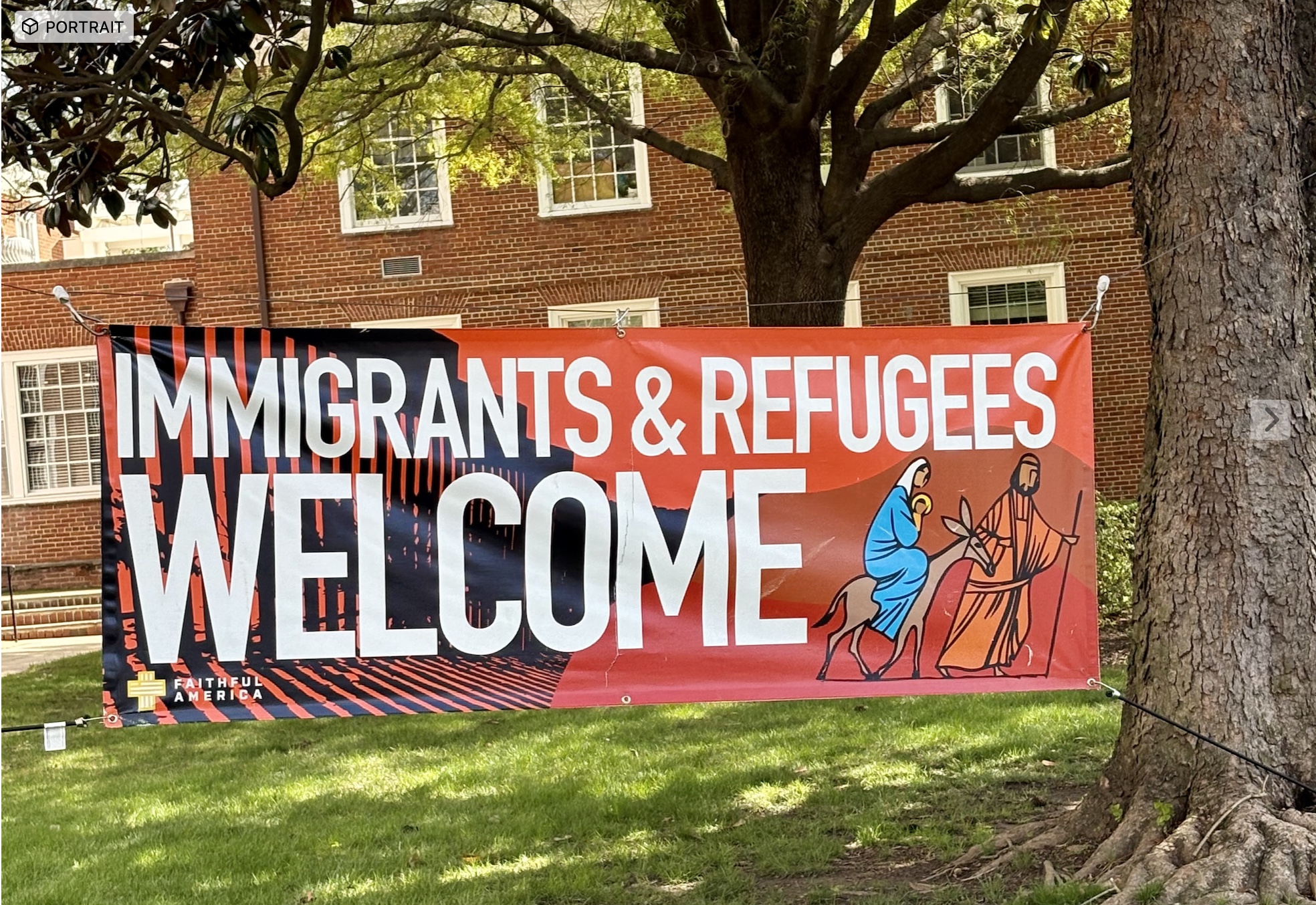The decision yesterday to remove two of the three board members of NCUA without cause puts the future of the credit union system at grave risk.
Why an Independent Agency in 1978?
Credit unions were critical to passage of federal legislation in 1978 (12 U.S.C. 226) to convert NCUA’s single administrator status to an independent federal agency. This new design was implemented in 1979 with a three-person board confirmed by the Senate.
A major reason for the change was that credit unions were increasingly concerned about the concentration of power and oversight by a single administrator. They sought a check and balance of policy priorities with a board where only two members could be from the same party.
The Credit Union System’s Future is At Stake
It was credit union experience and action that brought about this new structure. Credit unions and their members are the immediate losers in the abrupt removal leaving a single person in place. The authority of this remaining NCUA board member is at best uncertain and at worst entirely without agency to undertake regulatory actions.
An NCUA board of two can and has carried out its normal oversight and policy making decisions. Without a legal quorum for board action the topic of whether NCUA can make any routine or extraordinary decisions is an open question. Can a one-person board issue a new charter, approve a merger, challenge a bank purchase or even hear an appeal of an exam finding?
Undermines Safety and Soundness
This uncertainty will cause both routine and extraordinary NCUA responsibilities to be doubted or mistrusted. It will erode confidence in the agency’s ability to respond to credit union problems or crises whether singularly or systemic.
Once the public confidence in NCUA’s capacity to perform is questioned, that trust will be difficult to regain.
These firings occurred yesterday, the day before a scheduled NCUA board meeting, subsequently canceled, to present a plan to reduce the agency’s headcount and budget. Was this action initiated by DOGE inserting itself into the agency’s operations? What authority if any does the Chairman as a lone board member have?
An Immediate Credit Union Response
This is the third time Trump has removed democratic appointees to an independent federal agency. In both the NLRB and FTC removals, the persons fired have filed legal challenges. The outcome in the courts could take months, or even longer to reach a final resolution. There appears neither a quick nor clear outcome.
However, in the credit union system there is an important option not available in these other agencies. Credit unions have a dual chartering system. In ten states, state charters are eligible to leave the federal system entirely and choose a cooperatively designed insurance fund for their members, namely American Share Insurance (ASI).
An immediate priority for all system components is to expand this option. In some states the approval can be by the state regulator, authorizing this choice. In other states such as Michigan it would require legislation.
The time to act is now to establish more options in more states and to educate credit unions that choice is a critical. This is one means of saving the system from a fate entirely dependent on whatever occurs at the federal level.
The Urgency is Now
Expanding options now is critical because there is a high likelihood other federal shoes will fall. The discussion of federal regulatory consolidation under Treasury is public. OCC is now a bureau within Treasury run by a single administrator. Another effort to coordinate federal financial regulatory policy would be to have one deposit insurer, not two.
The removal of NCUA’s board members is the beginning, not the ending step in the makeover of federal credit union oversight. DOGE’s NCUA staff cuts and budget reductions were just a prelude to force consolidation.
Speak UP and Show Up
More details about the state of board deliberations and other changes DOGE may have required would be useful. It is important that persons seeing these events share what is the state of the agency. What is the role of Hauptman, the lone board member? What is the state of the agency’s exam and supervisory capability? Have outsiders been brought in and what role are they taking?
Silence is the ally of authoritarian behavior. Every NCUA employee took an oath of office to defend the Constitution as explained in this post, The Oath:
One purpose of the Oath of Office is to remind federal workers that they do not swear allegiance to a supervisor, an agency, a political appointee, or even to the President. The oath is to support and defend the U.S. Constitution and faithfully execute your duties. The intent is to protect the public from a government that might fall victim to political whims.
Now is the moment for NCUA employees who believe in the purpose of credit unions to share the facts about what is going on within the agency. The two former board members should also speak up about recent internal events.
These firings are a direct threat to credit unions’ future. It is an immediate undermining of the safety and soundness architecture of the cooperative system.
CEO’s need to lead the charge, state the problem and mobilize members to protect their system. This is a moment for direct action. A time for leaders to make their views known publicly and not attempt to hand over their role to middlemen or fixers who claim connections. It is time for the people in power to see the power of the people.
Credit unions must join the “hands off” demonstrations around the country. Show up outside NCUA’s office. Do this often and show the media what is at stake and the willingness of people to protect their member-owned coops.
This is a fight for the future of credit unions. The industry did not seek it, but must confront this threat. The time for action is now, not waiting to see how this might play out or for some hypothetical political solution.
Credit unions are the latest in a series of efforts by the administration to control law firms, universities, trading partners, etc. What we’ve learned is that Trump’s first bite of the apple is never the last.




